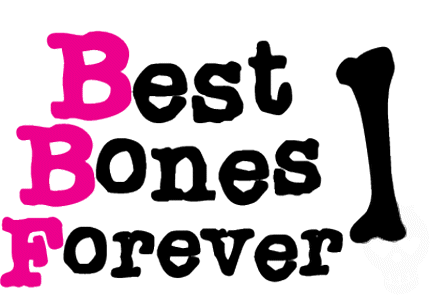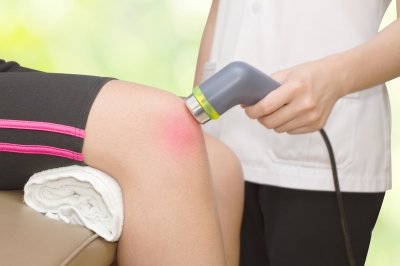How to keep your bones strong at middle-age
Bones are the structural frame of our body, without which our body looks like nothing more than just a sack of cotton. Human skeletons can scare you if you see them in the dark or in the mortuary, but in the true sense these skeletons are true partners of human.
(Src)
Throughout life, our bones remain busy serving our commands with or without their will, which includes exchanging feisty blows as well, but at a certain stage of life, hormonal changes affect the strength of these bones, and they need some special care to carry our weights.
Calcium and Vitamin D are the best pals of bones, and they keep bones stronger and healthy. However, with age each of these minerals get washed away or used up by other bodily functions and this is when you have to supply them as a supplement. Now, since we have started loving our bones, we can see how we can take care of them.
Steps to protect and nourish your bones
(Src)
At middle age, your body gradually stops replacing older bones with new ones, and this is when it becomes necessary to minimize the bone loss.
- Calcium-calcium-calcium
When it comes to the bone savior, straightaway we say it’s Calcium. It increases bone mass and enhances the strength of bones. Dairy products, green vegetables, almonds are some natural source of calcium. Daily intake of these items can reduce the rate of bone loss
- Vitamin D
In order for our body to absorb calcium, it requires Vitamin D, and the best source, is Sunlight. Your body makes Vitamin D from the UV rays and stores it to use it later. While those who avoid sunlight due to skin cancer or other medical complications, they can add Vitamin D supplements (Vitamin D2 and D3) or multivitamins containing Vitamin D
- Exercising daily
It seems your bone needs some elite gym membership. People who do less physical activities are at more risk of weak bones, which may advance to osteoporosis
- Avoid Alcohol, Tobacco and Soda
Avoid the alcohol intake as research suggests that tobacco and alcohol can lead to weak bones. Same goes for soda, too much soda consumption can cause brittle bones by interfering with the absorption of calcium
- Medications that cause bone loss
Long-term use of steroid medication can cause damage to the bone. Drugs used to treat breast cancer may increase the risk of bone loss and osteoporosis
- Use calcium supplement
If you cannot take calcium from natural resources due to medical conditions, you can have calcium through supplements. If the absorption rate of calcium is not good due to some disease then take a small amount of calcium at regular intervals
- Avoid salty food
It is believed that salt has a special affinity towards calcium, so when salt is excreted out in the urine it also excretes out calcium with it, so avoid salty food especially growing kids
- Magnesium and other minerals
Magnesium, boron, copper they all have storage and absorption capacity for calcium. This is very helpful in bone density. Some natural source of magnesium includes groundnut, hazelnuts, etc. in short all types of nuts
- Take Ipriflavone
Ipriflavone has a similar effect like estrogen. Estrogen can prevent bone loss in women but have risk of breast cancer while with Ipriflavone it can be avoided. It is the most desirable alternative for women who do not want to take estrogen therapy for bone loss
- Avoid acidic foods, eat more alkali
Some studies suggest that acids in the body can deplete the bone density, so avoiding food that convert into acid should be avoided for better bones
- Consume Soy Products
It is believed that Soy Products have an estrogen-like effect on the body, and it helps to maintain the bone density.
Standard Intake of Calcium in Middle-Age
When you are growing up as teenagers if you had enough calcium intake in your diet, you might face a lesser risk of weak bones and osteoporosis at a later stage. However, in the later stage of life, the standard intake must remain the same all day. The standard intake of calcium among adults is 2,500 mg/day.
Besides, all these steps you can also practice some general steps for sitting or sleeping, with better postures your bones are less likely to wear and tear. Regular screening of bone density should be considered to evaluate your requirement of calcium.







